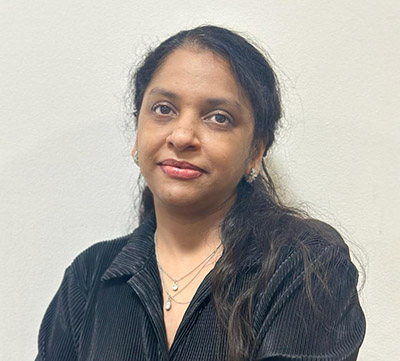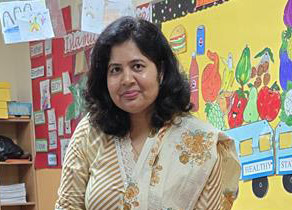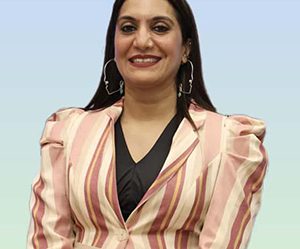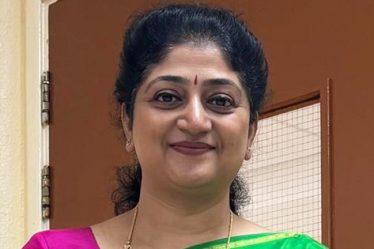
As a career counsellor, one of the biggest shifts I’ve experienced over the past few years has been learning to navigate the world of digital natives — Generation Z. This is a group that has grown up entirely in the digital age. They’re used to instant access to information, incredibly adept with technology, and deeply connected to the world around them. By this year, Gen-Z is said to make up around 27% of the total global workforce. Having been the first generation to grow up in such a technologically dependent environment, they bring fresh perspectives and are transforming both the career and workplace landscape at a remarkable pace.
Just as companies must adapt to the changing mindsets and expectations of their employees, I’ve had to adapt my own approach as a counsellor. When I sit down with students now, many of them already know more than the basics — the career prospects, the expected salaries, the growth opportunities, and even the long-term feasibility of a course or job.
Now, when a student walks into my office, the first thing I try to do is meet them where they are and bridge the communication gap. I won’t be dropping “slay” or “period” into my sessions, but I’ll absolutely match Gen Z’s energy when it comes to information, insight, and innovation. It’s about finding common ground and acknowledging that they already come equipped with a wealth of knowledge and perspective. And when that happens; when students already hold so much information, it naturally raises the question: What does a career counsellor really do now?
The role has shifted. The part of the job that involved dispensing information is largely gone. But what has become even more important is the second part of the title, counsellor. My work now is less about giving answers and more about guiding thought processes. In this new age, being a counsellor is more about filtering information than providing it. It’s about offering direction, encouraging reflection, identifying strengths and weaknesses, and supporting students as they shape their own definitions of success. The focus has moved from telling students what to do, to helping them understand why they want to do it and how to make that path their own.
Unlike past generations, career counsellors are no longer the sole source of information for Gen Z. Instead, students are immersed in digital overload. This presents a new challenge for counsellors: guiding students in evaluating and discerning on which information is trustworthy and which is misleading. Due to endless options that the young minds discover, many are overwhelmed by the fear of making the wrong choice and hence navigating them through emotional landscapes becomes the challenge.
These new challenges that career counsellors embrace does not diminish their importance instead, they expand the role across varied paths. The counsellor becomes a lifelong learner, not merely a consumer of information, but a keen observer and guide who studies individuals to help them discover their unique journeys.
Ms. Shini Noor
Head of Department , Career Counselling Centre



